Antoine Roex, Stalks
Explore the ethical issues surrounding the use of data in education. Discover the challenges of confidentiality, fairness, transparency and student protection in an ever-changing digital environment.
Student data confidentiality: a priority
Data confidentiality is at the heart of ethical concerns in the education sector. Indeed, the increase in digital data collection raises concerns about how sensitive student information, such as academic performance or personal details, is protected from leakage or misuse. To guarantee this confidentiality, educational institutions need to implement strict data security measures, including limiting access to sensitive information and using advanced security protocols to protect databases. This also means training educational staff in best practices for data management and protection.
Fairness and the risk of algorithmic discrimination
The growing use of data analysis tools and artificial intelligence (AI) in education presents a risk of indirect discrimination, not least because of biases built into the algorithms. AI systems can sometimes reinforce existing inequalities, as they are often based on historical data that may reflect implicit biases. For example, a poorly calibrated algorithm could underestimate the performance of certain groups of students, which could adversely affect their access to educational resources. It is therefore essential to check the quality and fairness of the data models used to ensure that they do not perpetuate systemic discrimination.
Transparency and accountability to stakeholders
Transparency is another pillar of ethical practice in the use of educational data. Schools and institutions must clearly inform parents, students and teachers about the nature of the data collected, its purposes and how it is processed. This transparency helps establish a relationship of trust and reassures families that their privacy will be respected. In addition, institutions must be accountable for the decisions they make based on this data, explaining how the information influences pedagogical decisions and learning strategies.
Limits to data collection and use
A major challenge lies in limiting data collection and use, so as to collect only the information needed for specific educational purposes. Excessive data collection can pose significant security and privacy risks, exposing students to potential breaches. Educational institutions therefore need to establish strict guidelines on the types of data collected, ensuring that it is used ethically and only for clearly defined educational purposes, in order to minimize the risk of drift and abuse.
Conclusion
The ethical challenges linked to the use of data in education require careful thought and the implementation of rigorous practices. From protecting student confidentiality and preventing bias, to ensuring transparency and limiting collection, educational institutions have a crucial role to play in ensuring a safe and equitable digital environment. By adopting an ethical approach, they can harness the potential of data to enhance learning while protecting students’ rights.
References :



